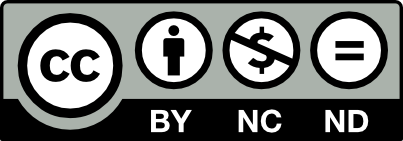Incastro di coppia, trasmissione intergenerazionale e cura dei figli
DOI:
https://doi.org/10.23823/jps.v7i1.110Abstract
The present work presents a couple therapy that focuses their trigenerational problems, in terms of couple interlocking, on parental empowerment. To this end, we first worked on the relational and communicative aspects linked to a linear logic of cause and effect to move on to a triadic vision in which the bond is formed within the inter and intra-subjective spaces and is projected into an "other" space not dependent solely and exclusively on the members of the couple. After we analyzed and worked on the paternal and maternal functions distinguishing their respective roles, through functional separation, with the necessary therapeutic support and with the help of the trigenerational approach, they elaborated their origins to recognize and share them. This has allowed the interlocking of their generational systems according to the needs of the other. The last change is linked to an unexpected event which, if it was traumatic at the beginning, according to what was elaborated in the course of therapy, made the spouses discover that they could pool their resources to serve each other.
Downloads
Downloads
Published
Versions
- 2023-05-23 (3)
- 2023-05-23 (2)
- 2023-05-22 (1)
Issue
Section
License
Copyright (c) 2023 roberta finocchiaro, Mariano Indelicato

This work is licensed under a Creative Commons Attribution-NonCommercial-NoDerivatives 4.0 International License.
Authors who publish in this journal agree to the following:
- Authors retain the rights to their work and give to the journal right of first publication of the work simultaneously licensed under a Creative Commons License - Attribution that allows others to share the work indicating the authorship and the first publication of this journal.
- Authors can accept other non-exclusive licensing agreements for the distribution of the published version of the work (eg. Deposit it in an institutional repository or publish it in a monograph), provided to indicate that the document was first published in this journal.
- Authors can spread their work online (eg. In institutional repositories or on their website) before and during the submission process, because it can lead to productive exchanges and increase the work published citations (See The Effect of Open Access) .









